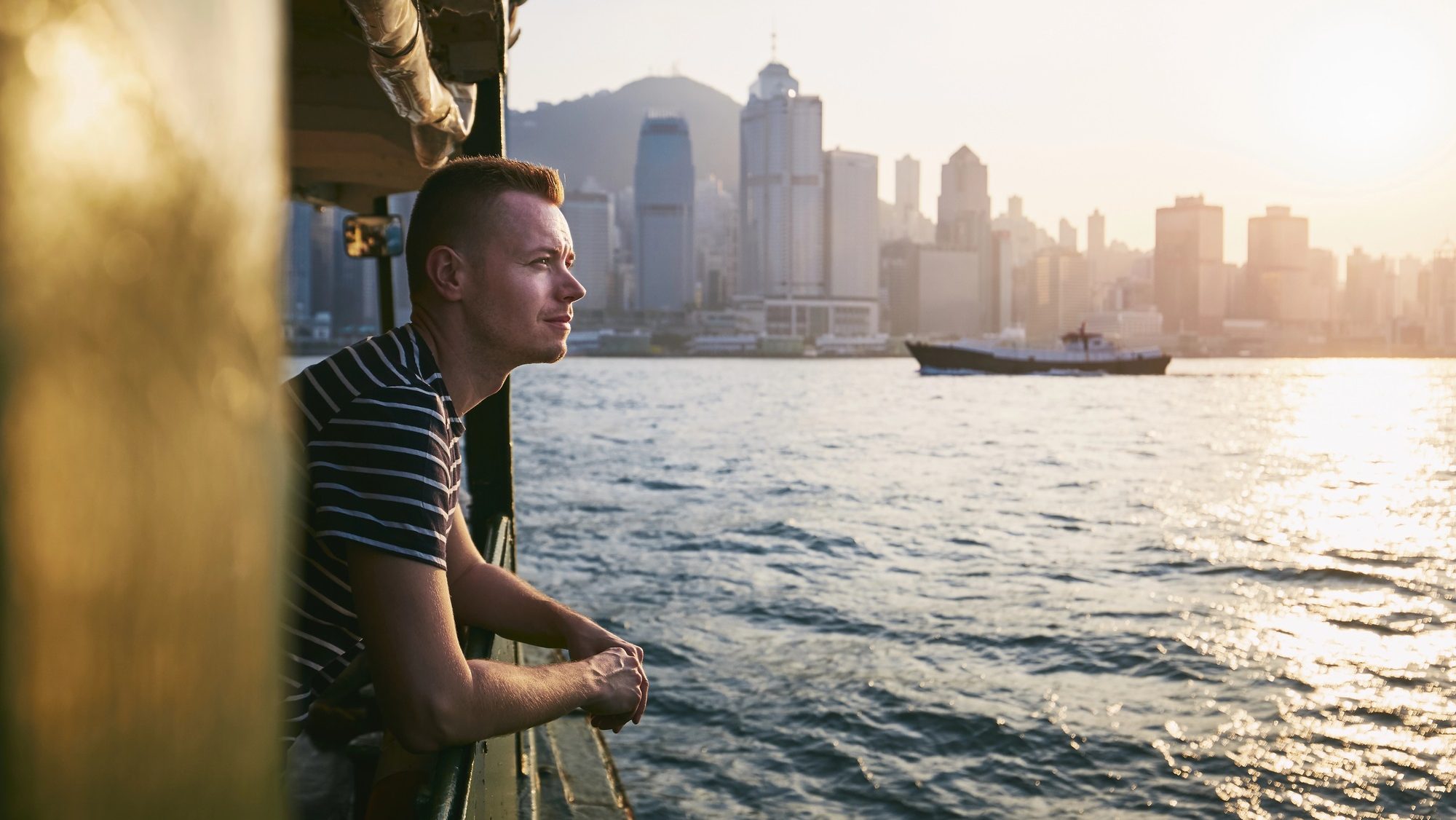As the world continues to evolve, so does how we experience it. With the dawn of 2025, travel trends are not only shifting; they are reimagining how we journey, why we explore, and where we choose to go.
According to a BBC story, the travel industry – from Airbnb to Booking.com – is already looking ahead, using data, user behaviour, and bookings to predict the future of travel.
These insights reveal exciting new trends highlighting our desires for connection, escape, and transformation.
Jenny Southan, CEO of Globetrender, explains that people are increasingly drawn to trends because they offer clarity in an increasingly chaotic world.
Travel trends, in particular, act as a roadmap, helping us navigate the complexities of modern life. Cultural futurist Jasmine Bina takes it a step further, suggesting that these trends reflect a deeper longing for transformation and meaning.
“Travel trends are a window into what people really desire when the rules of everyday life are suspended,” she says. “Right now, what they really want is to feel transformed.”
In a world marked by economic uncertainty, geopolitical tension, and constant change, 2025 feels unpredictable.
Yet, travel provides an anchor. Bina highlights trends like stargazing, sleep tourism, and digital detoxes as expressions of our search for reconnection – to something larger than ourselves.
Southan agrees, pointing out that trends create a shared narrative, a global dialogue about what truly matters.
Whether it’s the allure of undiscovered destinations or the desire to travel with purpose, these trends help us find our place in the ever-shifting travel landscape.
Noctourism: Exploring the Night
Noctourism – the fusion of nocturnal activities and tourism – is gaining momentum.
From late-night museum visits to stargazing under bioluminescent skies, travellers are venturing out after dark to experience the world in new ways.
In 2025, solar activity will peak, offering an extraordinary opportunity to witness the Northern Lights in places like Finland’s Lapland, Norway’s Lofoten Islands, and Iceland.
As Trailfinders suggests, these destinations are set to become the go-to spots for those wanting to experience the beauty of the night.
Calmcations: Escaping the noise
In our hyper-connected world, many travellers seek peace, away from the constant digital noise.
“Calmcations,” or holidays focused on tranquillity, are on the rise. Whether it’s the serene retreats along Norway’s coast or off-grid cabins in the Helsinki archipelago, these experiences allow visitors to disconnect from technology and reconnect with nature.
It reflects a broader desire for escapism as many seek refuge from the noise that permeates modern life.
AI and the future of travel planning
As artificial intelligence continues to shape the world, the travel industry is beginning to embrace its potential.
In 2025, nearly half of travellers are expected to use generative AI to help plan their trips. Companies like Byway are already using AI to streamline multi-country travel, making it easier for travellers to navigate complex timetables.
Meanwhile, AI-powered features enhance customer experiences, from personalized hotel stays to baggage tracking.
However, not all travellers fully embrace this technological shift, with some, particularly Gen Z, still prefer the tactile experience of browsing through holiday brochures.
The return of the holiday romance
With digital burnout becoming more prevalent, particularly among younger generations, many are looking for genuine connections in real life.
A rise in solo travel and group tours offers new opportunities for meaningful interactions, whether through friendships or fleeting holiday romances.
Companies like G Adventures and Flash Pack cater to this demand, offering social travel experiences that allow individuals to meet like-minded travellers and forge lasting bonds.
Off-the-beaten-track travel goes mainstream
As overtourism continues to plague popular destinations, travellers seek quieter, less crowded locations.
“Destination dupes” – lesser-known spots that resemble popular hotspots – are on the rise. For example, they could swap Cornwall for Norfolk or opt for Uzbekistan over more traditional European destinations.
Even established companies like Airbnb are noticing this shift, with trending searches showing interest in lesser-explored areas like Milton Keynes and East Sussex.
Coolcations and off-season safaris
With climate change influencing travel patterns, many travellers are rethinking traditional holiday destinations.
As Mediterranean summers increasingly sweltering, northern Europe is emerging as a more temperate alternative. Countries like Finland and Norway are seeing a surge in bookings, while safari enthusiasts are shifting their travel plans to the off-season.
Rather than December, March is becoming the prime time for safaris, driven by climate shifts and changing affordability.
Nostalgia travel: Revisiting the past
In a world full of uncertainty, many are seeking comfort in the past. Nostalgia travel is on the rise, with millennials in particular looking to relive their childhood vacations.
From adult summer camps in the US to retro pop-up experiences like the Polly Pocket Airbnb, these nostalgic experiences offer a retreat from the stress of modern life.
Globetrender’s “New Heydays” trend points to a resurgence of retro experiences, reminding us that sometimes, the best way forward is to look back.
The travel trends of 2025 reflect a world that is constantly changing. As we navigate economic challenges, technological advancements, and a quest for deeper meaning, travel offers us the chance to pause, reflect, and explore in new and transformative ways.
Whether it’s venturing into the night, disconnecting from technology, or seeking out hidden gems off the beaten path, the future of travel promises to be as diverse and dynamic as the world itself.
As we plan our journeys for the year ahead, one thing is clear: we are all on a shared quest to understand and experience the world in ways that matter most to us.
© Copyright 2023 The Independent Singapore. All Rights Reserved.




